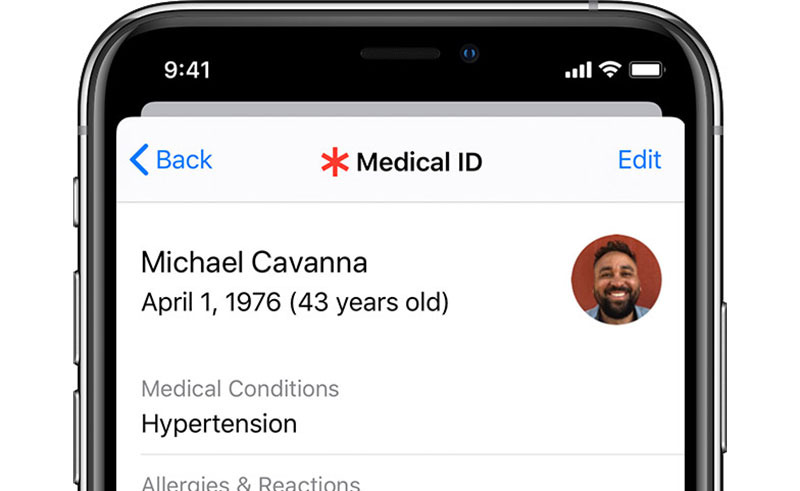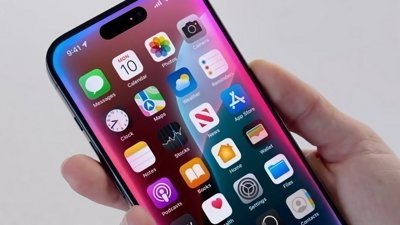An Apple representative is slated to attend a meeting on Monday held by the Carin Alliance, a nonpartisan group currently advocating to push through government policy that would allow fast, easy access to patient health information.
Ricky Bloomfield, Apple's clinical and health informatics lead, is scheduled to join a meeting at which attendees will discuss efforts to support a Department of Health and Human Services initiative on medical data interoperability, CNBC reports.
Proposed by the HHS in 2019, the proposal would modify rules governing access to health information, allowing patients to more easily obtain and share personal data. These provisions must first pass muster with the Office of Management and Budget, which is where the Carin Alliance comes in.
According to a press release (PDF link), the group seeks to "rapidly advance the ability for consumers and their authorized caregivers to easily get, use, and share their digital health information when, where, and how they want to achieve their goals." At the upcoming meeting, advocates will ask the OMB to release rule changes proposed by the Centers for Medicare & Medicaid Services (CMS) and Office of the National Coordinator for Health IT (ONC), as well as the 21st Century Cures Act: Interoperability, Information Blocking, and the ONC Health IT Certification Program. The group cites consensus reached during a public comment period.
Those in favor of the policy modifications seek to modernize America's health records system. Existing systems silo data and limit cooperative exchange between health care providers. Currently, patients looking to switch doctors or facilities, or share data with others, are typically required to request hard copies of medical histories. Data is often stored on physical media like CDs that are not easily transferrable. Others are denied access altogether, the report notes.
Proponents of the rule changes argue barriers that inhibit free movement between doctors and health institutions are proving detrimental to public health. Opposing voices, like medical records giant Epic, actively urge customers, like hospitals, to fight the proposals out of supposed concern for patient privacy.
Along with Apple's Bloomfield, more than 40 representatives from major medical and tech companies, including Microsoft, will take part in the gathering either in person or by phone, according to an attendee list released Friday (PDF link).
Bloomfield is a physician with a background in mobile technology who currently serves as pediatric hospitalist at Stanford Children's Health and an adjunct clinical assistant professor at Stanford University School of Medicine. He is currently working on technologies that allow users to carry health information on iPhone, the report said.
Apple has long been an advocate of making health data portable and in 2018 launched the Health Records feature on iOS. Built into the Health app, Health Records enables iPhone users to securely store and share medical data from participating healthcare providers. The effort debuted with support from 39 medical groups, later expanding to 75 backers in less than six months. Most recently, veterans gained access to the feature when the U.S. Department of Veterans Affairs integrated support for Health Records in November.
 Mikey Campbell
Mikey Campbell




-xl-m.jpg)


-m.jpg)






 William Gallagher
William Gallagher

 Amber Neely
Amber Neely
 Andrew Orr
Andrew Orr



 Christine McKee
Christine McKee








11 Comments
That picture says more than a 1000 words about privacy concerns...
When it isn't absolutely clear that the ‘patient’ has full control over this data and it isn't (physically
) possible to share the data by doctors and others with similar capabilities, without explicit authorization (of the ‘patient’), this is a very bad idea.
edit: fix
As long as this country has a "for profit" health care system I cannot see how this very personal information will not end up in the hands of insurance companies, drug makers, advertising companies, who will all be to happy to exploit a persons health into cash. I can't say I know the answer but patients should be informed of their overall health and problems and not depend on information which may or may not have been added to their records. Tread lightly tech companies you often make a mess of things and this time your screwups will cost lives.